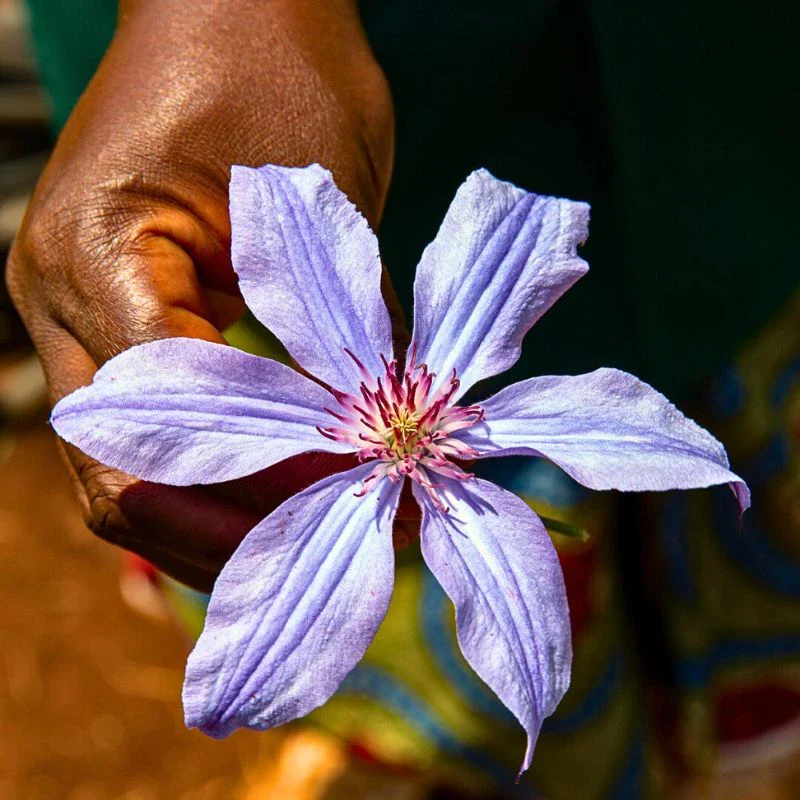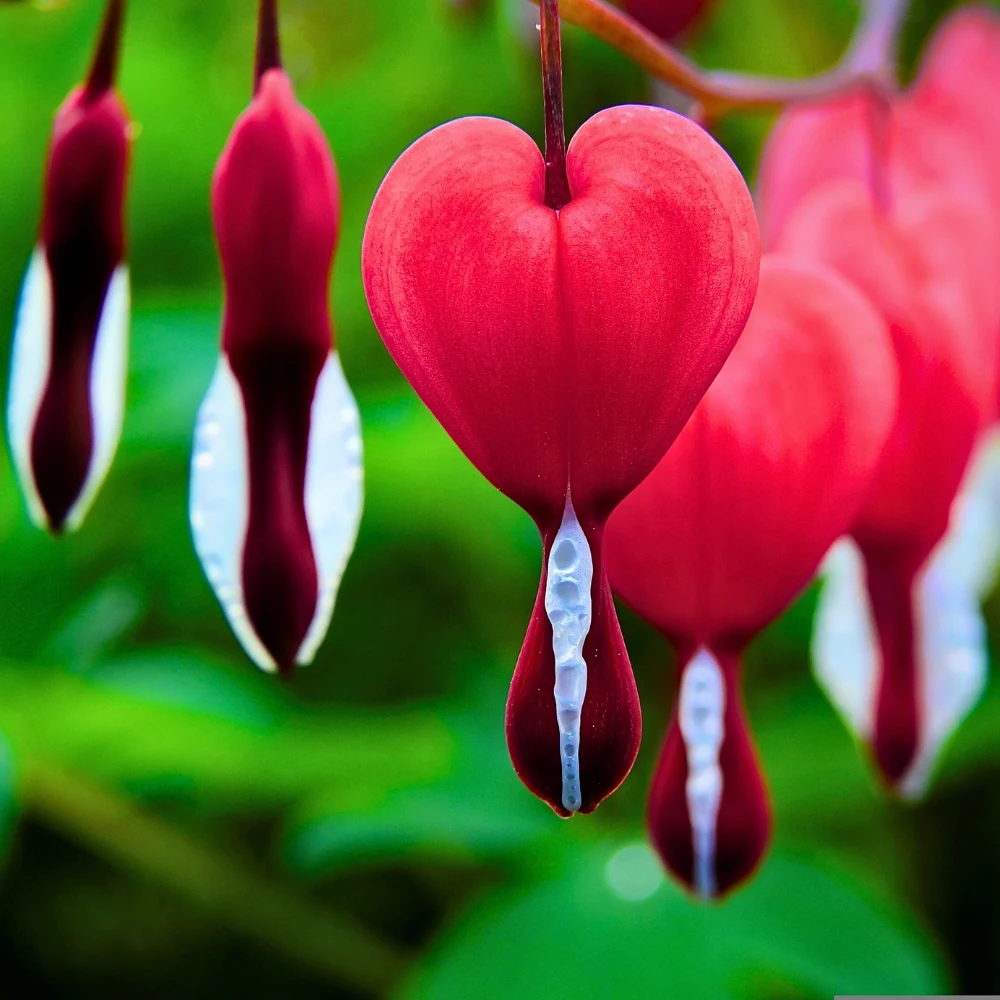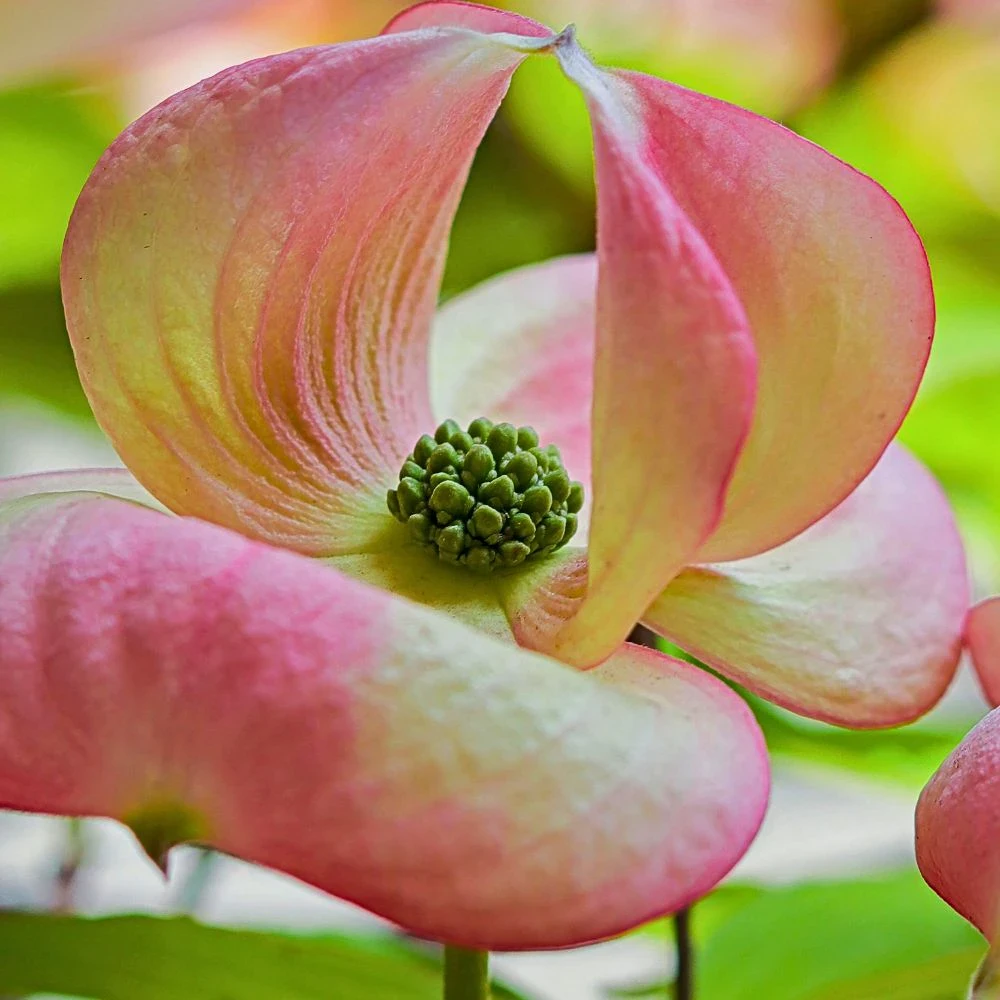Marigolds are versatile flowers with rich symbolism and meanings across various cultures. With their vibrant colors, marigolds have become a staple in numerous celebrations, rituals, and religious events around the world.
The Meaning of Marigold Flowers Around the Globe
The marigold flowers meaning, like many other flowers, can vary significantly across different regions and cultures. While certain symbolic associations are shared, unique interpretations and customs have emerged as the flower has become integrated into the local traditions and belief systems. This diversity of meanings reflects the rich cultural tapestry that exists globally, where each society imbues flowers with its own values, emotions, and symbolism. As such, it's essential to understand and appreciate these varied perspectives when exploring the significance of marigolds or any other flower, as their meanings can be shaped and transformed by the specific cultural context in which they are found.

The Meaning of Marigolds in India
In India, marigold flowers hold a special place in Hindu culture. They are often used during festivals like Diwali and Navratri, as well as in weddings and religious ceremonies. In these contexts, marigolds symbolize purity, auspiciousness, and the divine. Their strong fragrance is believed to ward off negativity and evil spirits. The vibrant colors of marigolds also represent the sun's energy, signifying warmth, passion, and creativity. Marigold is a flower you will see at every flower market in India.

The Meaning of Marigolds in Mexico
In Mexico, marigolds are known as 'cempasuchil' or 'flor de muertos' (flower of the dead) and play a central role in the annual Día de los Muertos (Day of the Dead) celebrations. The bright orange and yellow hues of marigold flowers are thought to attract and guide the spirits of the deceased back to the world of the living. Marigolds are used to create elaborate altars and pathways, symbolizing the ephemeral nature of life and the connection between the living and the dead.

Read also about Flowers of the Dead in the Marigold Fields of Puebla.
The Meaning of Marigolds in Ancient Greek and Roman Cultures
In ancient Greek and Roman cultures, the meaning of marigold flowers was associated with various deities, including Aphrodite and Hera. They were often used as offerings and in religious ceremonies. The flower's name, "calendula," is derived from the Latin word "kalendae," meaning the first day of the month, as marigolds were believed to bloom throughout the month.
The Meaning of Marigolds in Christian Symbolism
In Christian symbolism, marigold flowers are often associated with the Virgin Mary. The golden hue of the flower is linked to the "Mary's Gold" legend, which tells the story of Mary offering her golden coins to the poor. Consequently, marigolds are used to honor Mary during various religious events and celebrations.
The Meaning of Marigolds in China and Eastern Asia
Marigolds, with their vibrant colors and rich symbolism, have found their way into the cultural tapestry of China and Eastern Asia as well. Though not as prominent in these regions compared to India or Mexico, the marigold flower still carries unique meanings and significance in various Chinese and Eastern Asian traditions and customs.

In China, marigolds are often associated with wealth and prosperity due to their golden hue. During the Chinese New Year celebrations, marigold flowers are used as decorations to invite abundance, fortune, and good luck into homes and businesses. They are sometimes combined with other auspicious symbols, such as oranges or kumquats, to enhance their positive energy.
In addition, marigolds are connected to the solar symbolism in Chinese culture. The flower's bright color is reminiscent of the sun and its life-giving properties. As a result, marigolds represent vitality, warmth, and the transformative power of the sun. This symbolism is also prevalent in other Eastern Asian countries, such as Japan and Korea, where the sun plays a crucial role in cultural beliefs and practices.
Other Marigolds Meaning: They Have Protective Qualities
In some Chinese and Eastern Asian folk beliefs, marigolds are thought to possess protective qualities. The flower's strong fragrance is believed to repel negativity and harmful energies, ensuring a peaceful and harmonious environment. As such, marigold flowers are sometimes planted near homes or used as offerings in religious ceremonies to ward off evil spirits and misfortune.

Moreover, in certain Chinese and Eastern Asian cultures, marigolds are linked to themes of love, passion, and fidelity. The vibrant colors of marigold flowers are thought to evoke feelings of warmth and affection, making them suitable for love-related rituals and ceremonies.
In summary, the marigold flower meaning varies across cultures, often symbolizing purity, divinity, and the connection between life and death. Their vibrant colors and strong fragrance make them an essential part of various traditions, festivals, and rituals worldwide.
Header image by @baliadvertiser.










